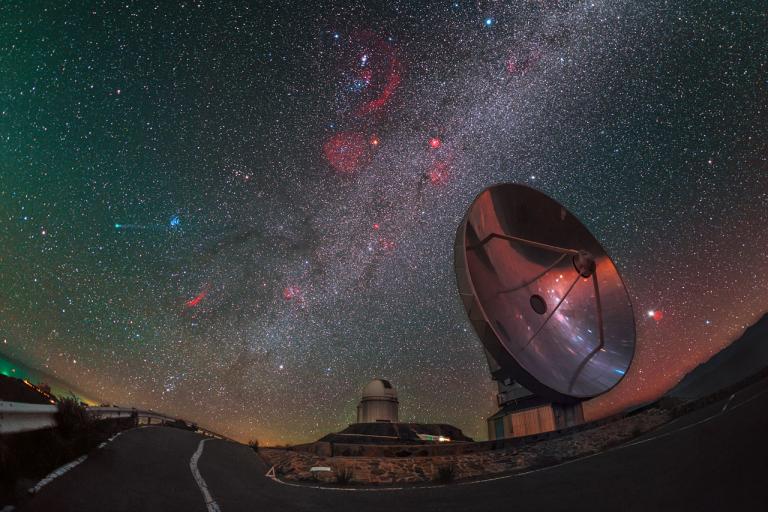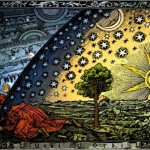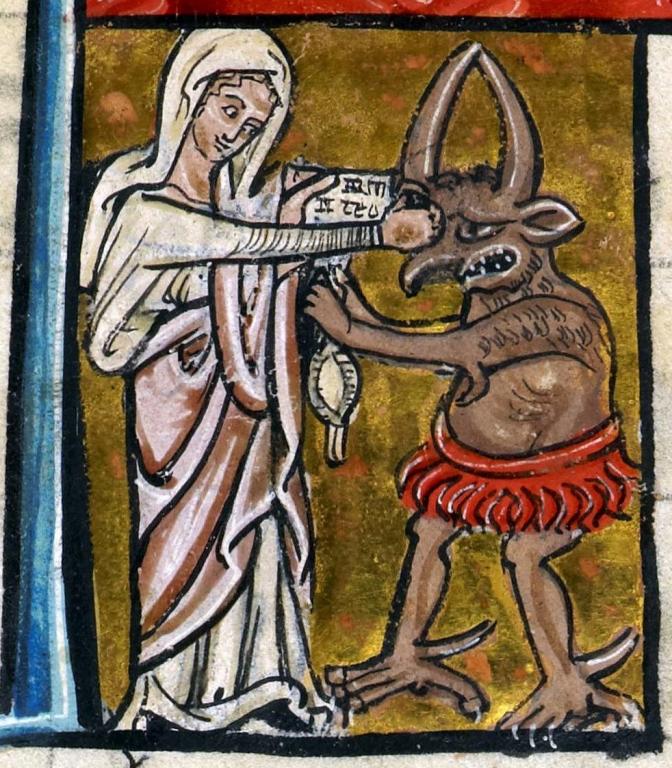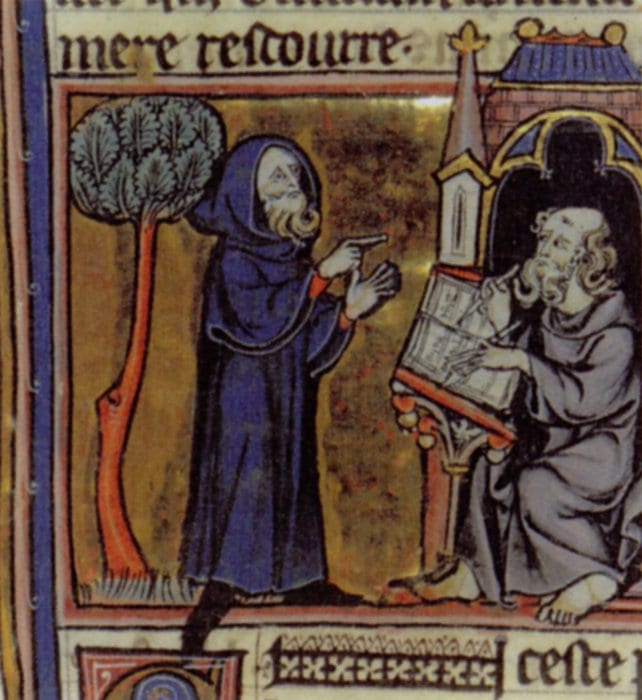
Advent
8 December 2018
The Edge of Elfland
Concord, NH
Dearest Readers,
One of my earliest memories is riding in the car somewhere in the south. A tendency for motion sickness meant I wasn’t playing my gameboy or trying to read a book. Besides, it was night time. I remember looking up out of the backseat window and what I saw above me astonished me. Stars. The night sky above me was a blue-black field filled with stars. They danced as we drove past them and I wondered how anything could be so big. The sky itself seemed impossible to me a that moment. I wondered if someone had painted it for it looked to perfect. I had an inkling then of what our ancestors must of have thought when they looked into the night sky. This is where my fascination with the heavens began. But it was short-lived.
I have no memory of trying to look at the stars in my backyard. We had a large one, not that this was hard in Illinois, but with the trees, the lights, and an increasing tendency for laziness, I never went past that early memory. Even when I joined Cub Scouts and then Boy Scouts after I don’t recall ever looking at the stars with the wonder I felt on that car ride. The woods drew me in instead. I turned my eyes downward and looked with wonder at the world around me. Then I turned them inward as I learned about girls, swearing, and pretended to “smoke” short sections of vine we lit on our campfires. It wasn’t until after my freshman year of high school that the stars sang out to me again.
The summer after my freshman year I had gone on a trip following the Lewis and Clark trail with select students from my school. Even on this trip I don’t recall sitting out staring in the night sky. Rather, after the trip, one the teachers asked me to help him remove some old science equipment from the junior high. Amongst the detritus I found a telescope made by a student many years before. I greedily asked for it as a desire for the sky burned inside me. I took it home in my truck and attempted to use it. But I found it too hard to understand and could see nothing through it. I abandoned it, like so many other things, and later passed it onto someone else.
It would another fourteen years before I finally regained my interest in the stars. This time, however, it took myth and poetry and theology to make my eyes return to the skies. I read Michael Ward’s excellent Planet Narnia. I had eschewed the book for many years as it had sounded to me too much like a conspiracy theory worthy of Dan Brown (I still think the title of the popular version of the book, The Narnia Code, does more to encourage this idea than dispel it). Ward not only unlocked certain aspects of Lewis’ work for me, particularly a new interest in The Discarded Image, but he unlocked the sky for me. Now, as I turned to Boethius, I understood the heavenly ascent Lady Philosophy gives to the mind. I understood so many of Shakespeare’s references in a new light (and have shared them with my students). Dante now made more sense to me. And because of all of this my eyes returned to that source of wonder we call the sky.
One area in which I must praise modern technology is their ability to help the neophyte such as myself in discerning planets from stars. With Lewis and Dante ringing in my ears I saw new heights when I looked up and saw Jupiter in the evening. One of the highlights of my mornings in the winter is to go out to the car and see Venus, the Morning Star, shining brightly. Just the other day, as I was taking my children’s backpacks and my own leather bag out to the car I saw Venus in conjunction with a waning crescent moon. It moved me. Not to tears, but to wonder. How can such visions be devoid of meaning? I had often thought this about the world around me. I would see a tree or a ring of mushrooms and wonder how this sight before could not mean more than what was there on the surface. Mountains and small woodland areas off in the distance have been the chief source of my early belief that nature means more than we often understand. Now, however, I know that the heavens do as well.
At the back of all of this, of course, is the Creator. The reason these sights have meaning, must have meaning, more than what our senses can initially tell us, is precisely because everything we see is created and contains, as Aquinas would say, a vestige of the Trinity. Maximus the Confessor would remind us of the many logoi all dependent on the Logos. Christ by whom, through whom, and for whom everything that was mad has been made declares himself to us through them. Or as the Psalmist says, “The heavens declare the glory of the Lord.” All we have to do now is listen.
Sincerely,
David











